Welcome to the Rabbit Hutch, a decaying apartment complex in Vacca Vale, Indiana. Officially it’s called La Lapinière, but like most things in town, it has gone to seed by since the decline of Vacca Vale’s automobile industry. So, though the Rabbit Hutch is a less romantic name, it is more appropriate for a building whose inhabitants are penned in by circumstance.
In her first novel, Tess Gunty gives a panoramic view of the Rabbit Hutch and its inhabitants. There’s a woman who screens the comments for online obituaries; a widower who checks his ratings on dating apps; a new mother trying to connect with her baby. Most of all, there’s 18-year-old Blandine, one of four ex-foster children living in the same apartment. She unexpectedly “exits her body” at the start of the novel, and the main plot thread goes back to explore why that happened.
The Rabbit Hutch is a nicely off-kilter novel, sweeping through different perspectives and styles (even pictures), often with a sense of being slightly to one side of reality. But there’s also the constant background of poverty and decline, a reminder of the urge to escape exemplified by Blandine. I’ll be interested to see where Gunty goes next after this intriguing debut.
Published by Oneworld.

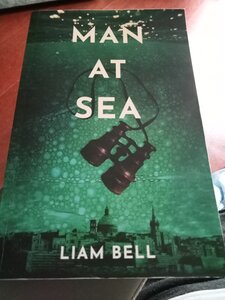

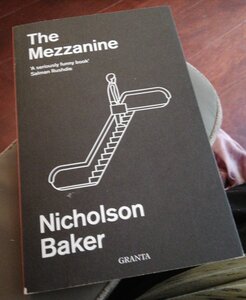
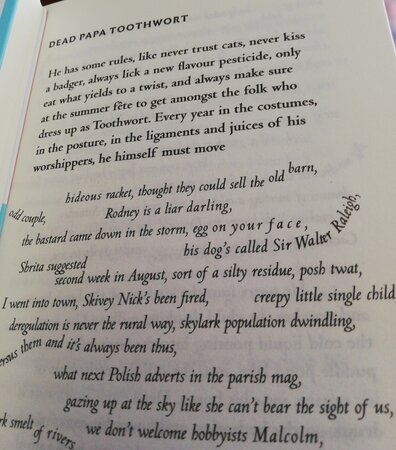
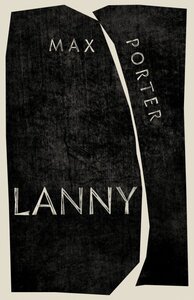
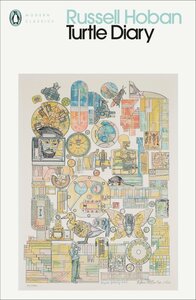
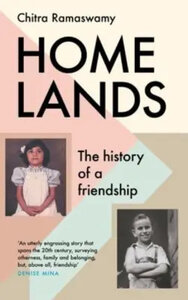
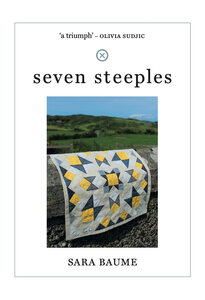
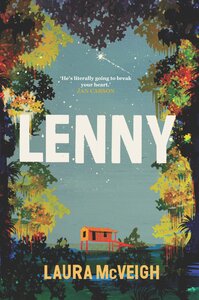
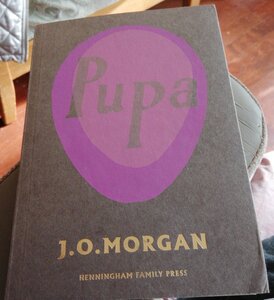
Recent Comments